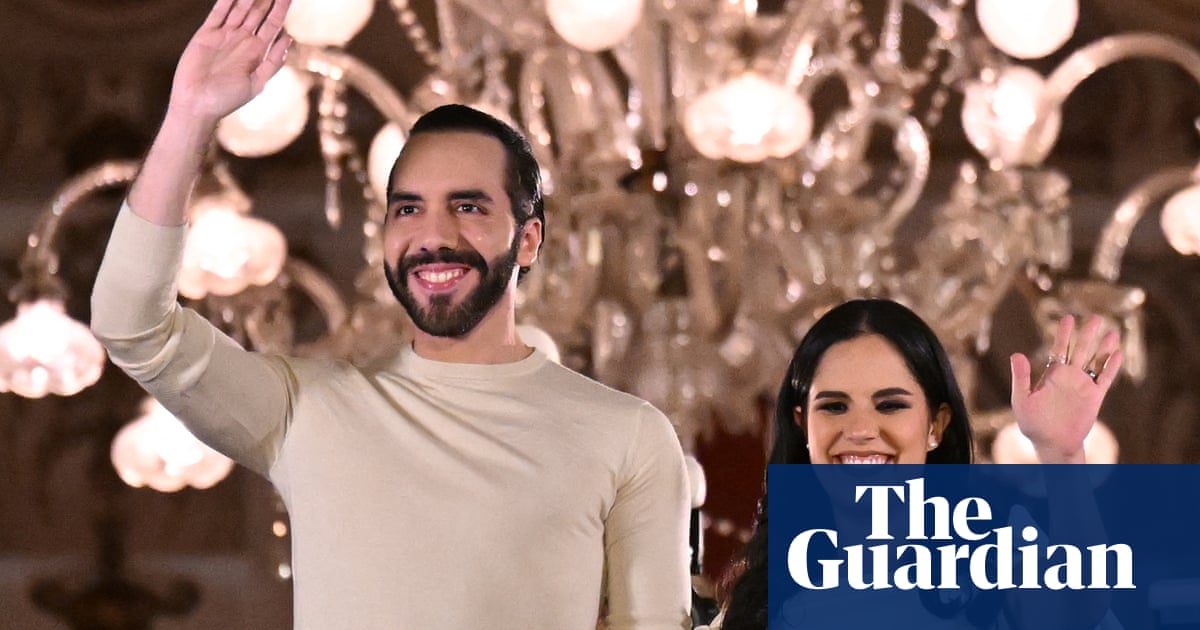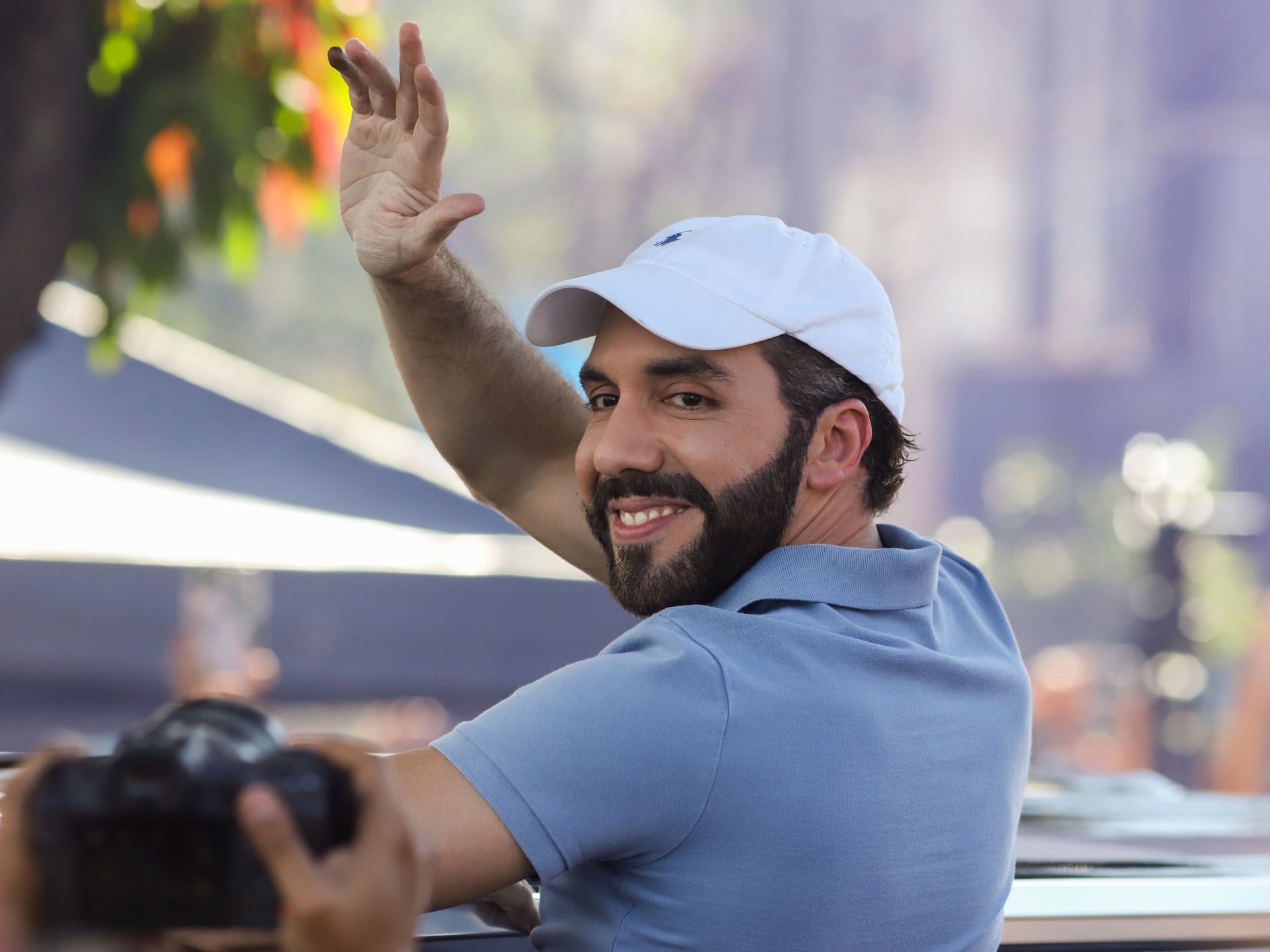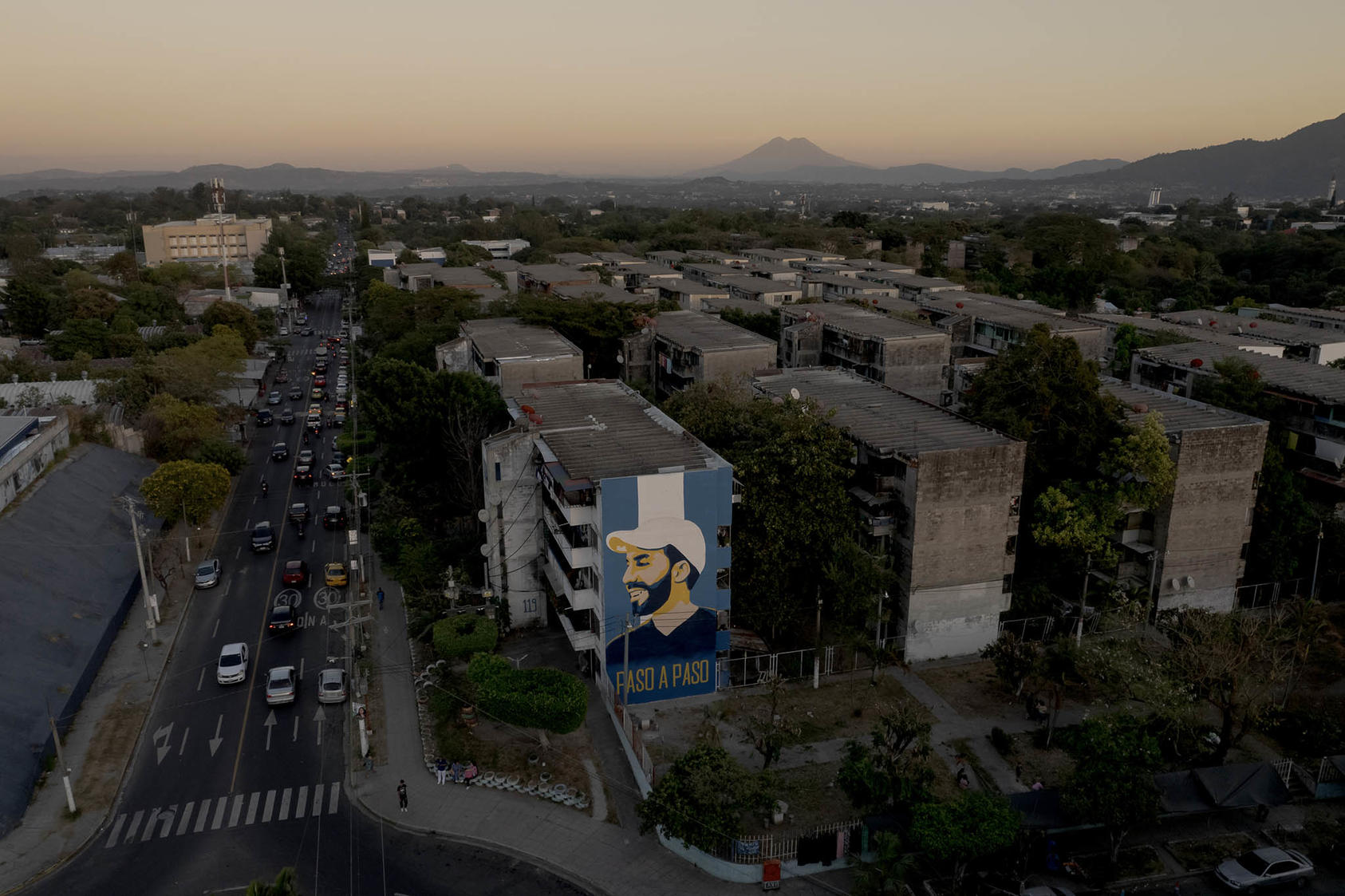Nayib Bukele has been re-elected president of El Salvador by a large unprecedented majority, and after much criticism for his changes to the Constitution. El Salvador is the smallest country in the Americas and the most dangerous and violent in the world until just 3 years ago.
In his first term, Bukele generated a total and unexpected plot twist, managing to position his country among the safest and lowest in crime. His was a heavy-handed policy, creating an exceptional contra-legal regime that has imprisoned the gangs that spread terror for 30 years.
NGOs have attacked the president, arguing the violation of human rights. However, in the last year El Salvador has increased its influx of international tourism by 35%.
On election day itself, minutes before the polls closed, Bukele gave a press conference. I had never seen so many international media outlets together before.
Journalists from Japan, Argentina, Brazil, Spain, the USA and Mexico all wanted to meet the president. They want to witness with their own eyes the electoral process and the new situation in the country of Monsignor Oscar Arnulfo Romero, who was murdered in the 80s during El Salvador’s civil war. On a Sunday, as Romero said his homily, he was shot in the cathedral for defending the poor and imploring the gangs to stop the killing!
When asked if he is also going to change the Constitution to be re-elected indefinitely, Bukele answered no. That, he won't do.
El Salvador has captivated all of Latin America, because we all share many of the problems that Bukele has managed to combat. The journalist from Mexico asked him: What awaits the entire world that has its eyes on this Central American country?
Nayib Bukele responded by talking about courage when making political decisions. He speaks of the importance of “voluntad” — the courage to do the hard stuff.
Bukele then continued, taking advantage of the questions that each of the journalists representing their media asked him about under seven main topics. Each and every one, of course, related in some way to the topic of security and public policies. As follows: the economy, democracy, the Salvadoran security model and its impact worldwide, common sense solutions and journalism today.
The mere idea of eliminating crime, according to Bukele, could bring a very high economic cost because unfortunately, crime is an economy in itself. There is a black market that moves drugs, weapons, extortion and hitmen, along with other things that are legal such as food.
Bukele had forewarned that by removing that layer of the economy, they were going to have a drop in GDP. Thank God it wasn't like that. In fact, the economy has instead grown — a little, not as much as we would like, he said. And he compared the problem to a person with cancer and the healing process. At first, the treatment is very painful and hard, but then recovery begins.
El Salvador had metastatic cancer, because 85% of its territory was controlled by gangs. Now we are healthy, Bukele said, and all that remains is to recover and be the country that we always wanted to be. That we never could because unfortunately, we were importing violence by listening to recipes from abroad and the mandates of experts, Bukele argued.
The journalist from Spain’s El País asked if democracy was being replaced. To which Bukele responded: we are not replacing democracy, but rather we are bringing democracy. Because in El Salvador, there never was democracy. The peace agreements financed by the UN never worked. It was a maneuver by the two elite groups that took turns in power and that trained the gangs in the army ranges — all of this is documented, argued Bukele. There have been fifty years of suffering for the Salvadoran people.
Another Spanish journalist spoke of her decision to stay in the country to better understand the experience of the people, and expressed her belief that “data kills the story” (to which Bukele smiled).
The solutions have to be common sense, Bukele said. How is politics possible if there are criminals in the country? So well, let's remove the laws against criminals. Or let's defund the police. Or there are a lot of drugs, okay, so let's distribute drugs to young people. It's as if everything that needs to be done is done the other way around, he said.
Journalists from Argentina and Brazil, for their part, both asked about the Salvadoran security model and how to replicate it in their countries. To which Bukele responded that each country is very different, especially those two countries that are very large. However, he offered collaboration and advice in every way possible. He said he has spoken with the Argentinian security minister Patrica Bullrich, and with the newly elected president Javier Milei. He said he had also spoken with the president of Brazil, Lula Da Silva. The Brazilian journalist directly told him: we want to influence Brazilian politics with your ideas. To which Bukele replied: What El Salvador shows the world is that all problems have a solution when there is political will.
Finally, a debate was opened about journalism today, its role and its relevance when journalists do not tell the truth. Bukele said it contrasts with what journalists see with their own eyes “in situ,” and the ethical and professional requirements of their vocation. They instead obey the owners and editors of their media outlets. In El Salvador, journalists are free. There are no journalists imprisoned or murdered, you have been able to verify this, Bukele told them. It is like the journalists don't want to believe what they see.
Common sense brings solutions, Bukele told the room. During the pandemic, emergency policies — exceptional regime policies — were applied in all Western democracies. And we needed an emergency policy here in the country, he said. El Salvador has given the world the power of example.








